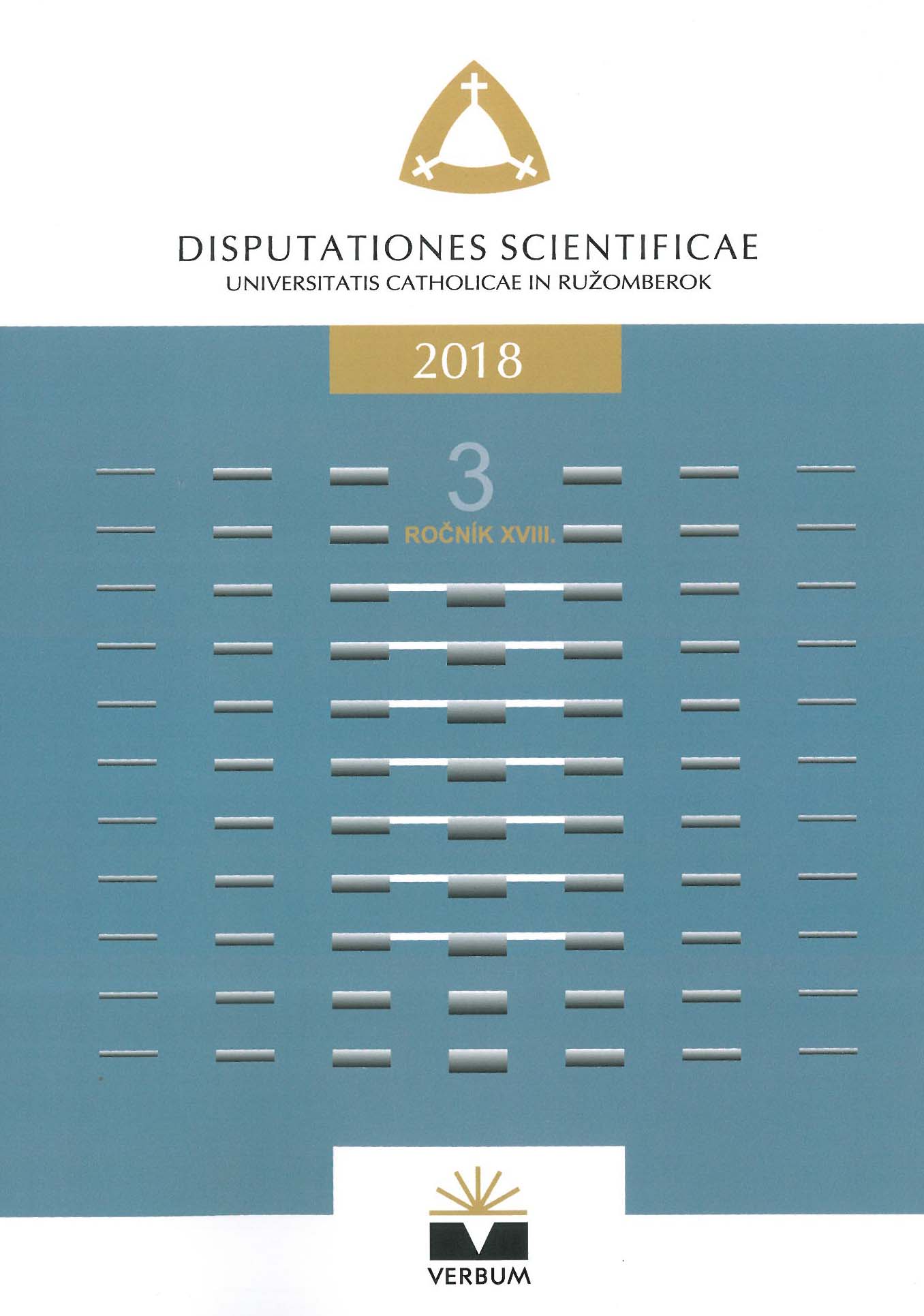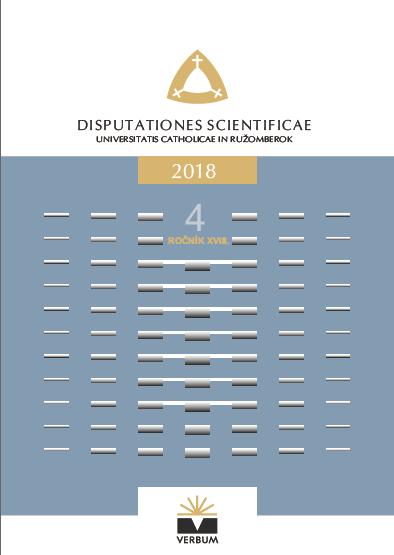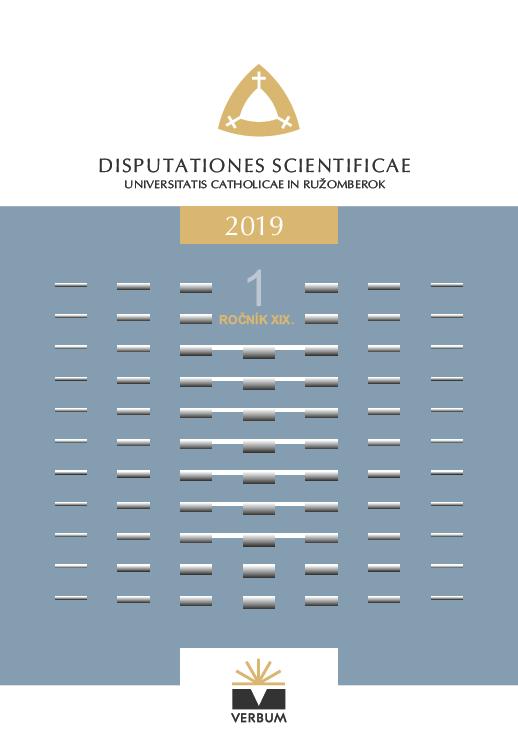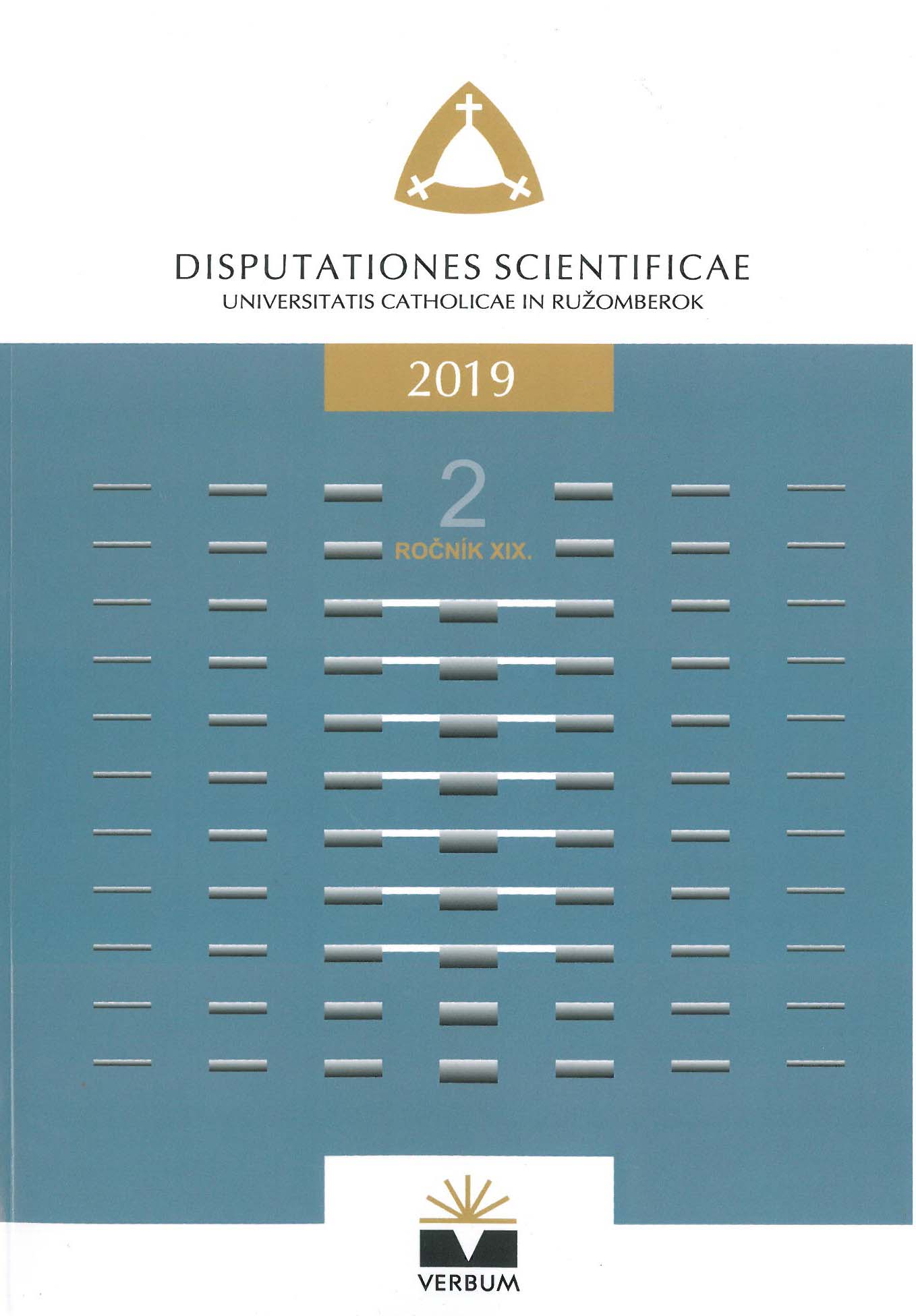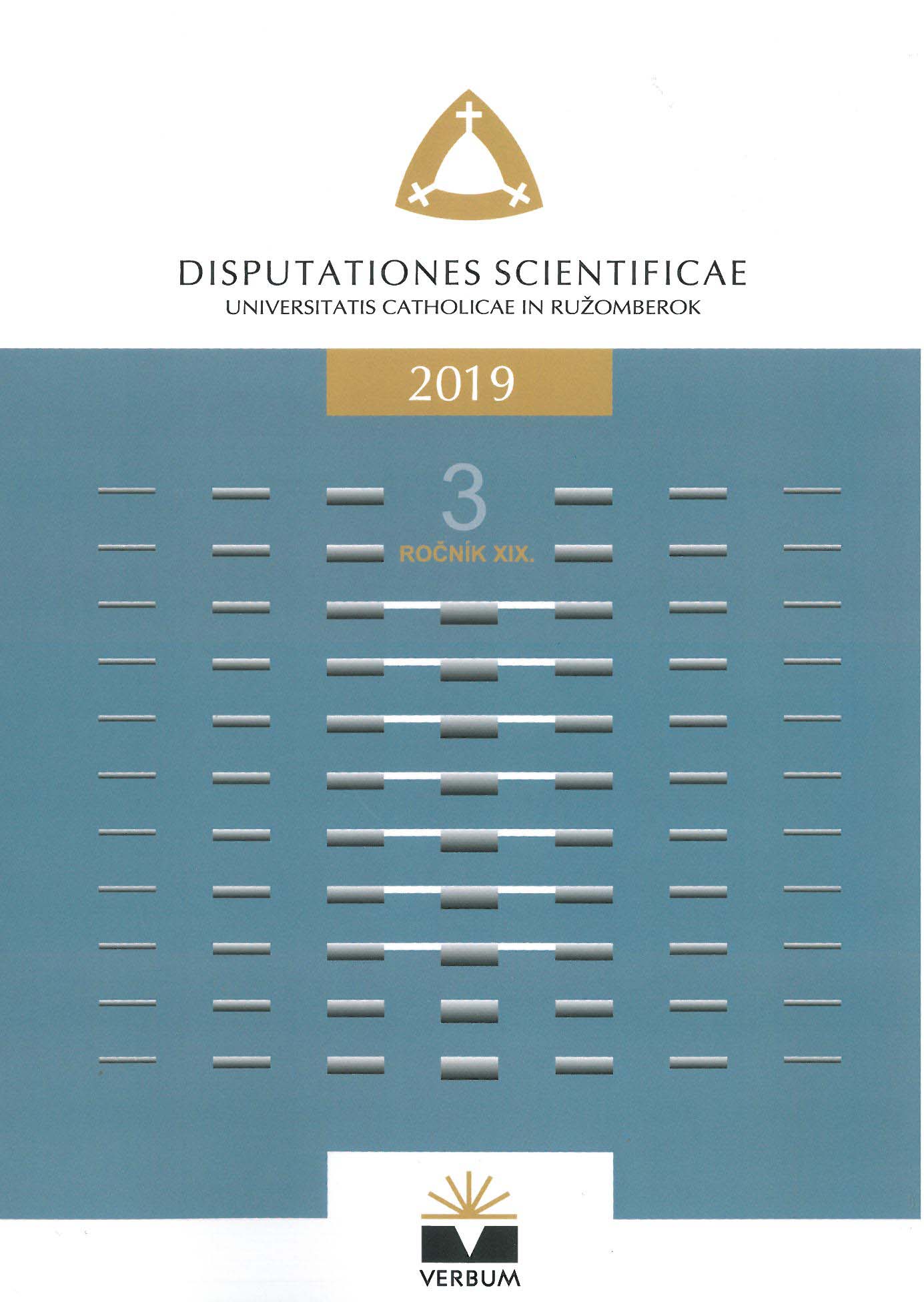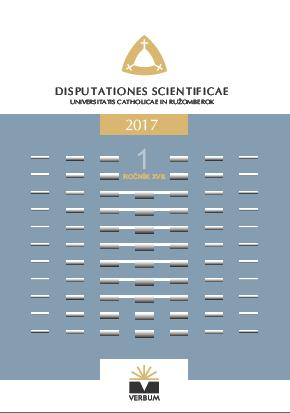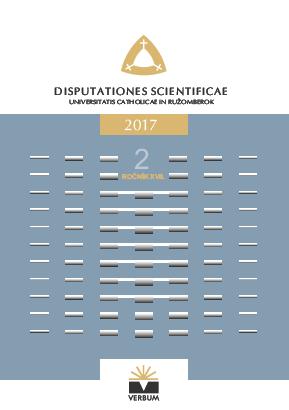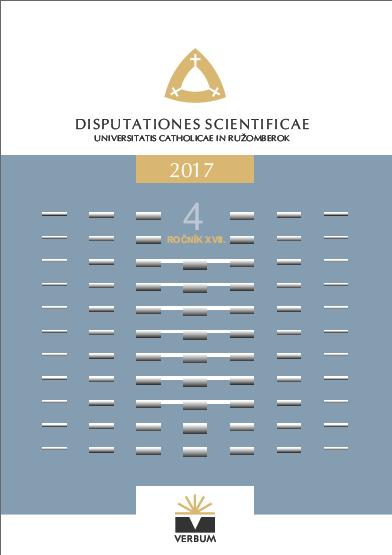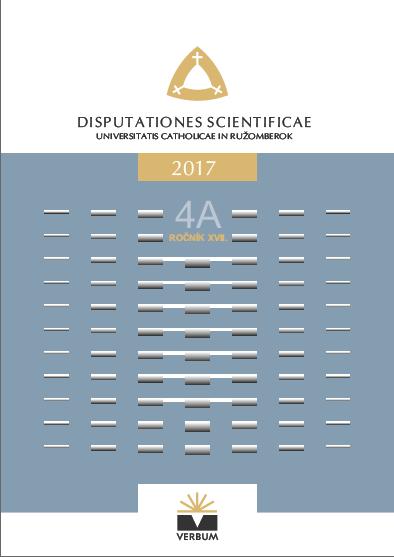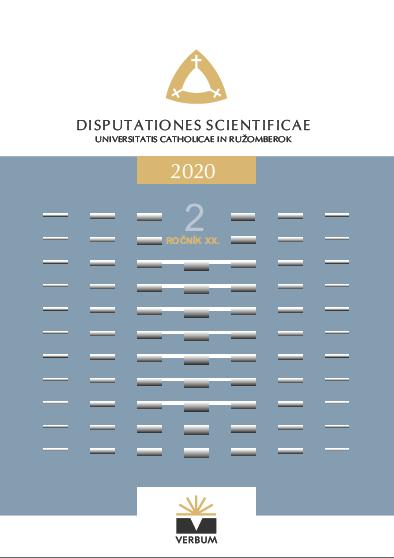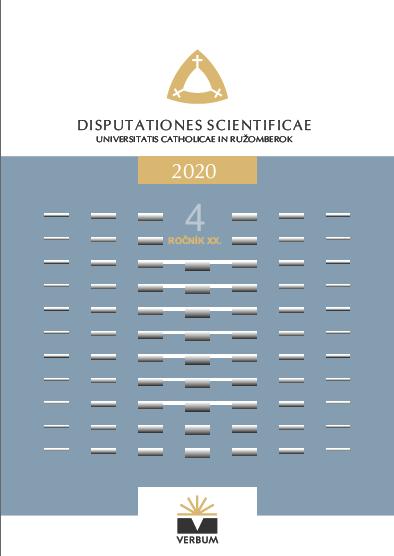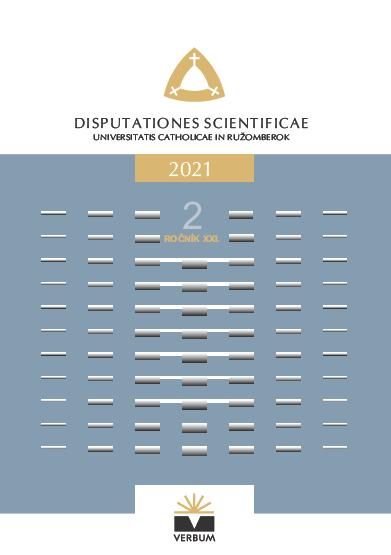Методика формування художньо-оцінювальних умінь майбутніх учителів музики
Author(s): Zhang Bo / Language(s): Ukrainian
/ Issue: 3/2019
Keywords: Future Music Teachers; Artistic Assessment; Skill; Vocal-Choral Preparation; Principles; Pedagogical Conditions; Step-By-Step Technique;
The article reveals the current state of development of the artistic education of Ukraine and China, which predetermines the search for new perspective forms and methods that promote the formation of a stable evaluation and transformation position for future music teachers for the independent organization of the vocal and choral process. In this connection, the issue of artistic assessment is correlated with the main tasks of artistic education, and the subject of the article is the coverage of the methodology of forming the artistic and evaluation skills of future music teachers in the process of preparing for vocal and choral work with senior pupils. The author relies on modern concepts of humanization of artistic education, which emphasizes the need to form a valuable creative personality of the future head of artistic activity of students of general education institutions armed with the latest techniques and evaluation strategies for the ordering of the educational artistic environment.The author formulates the purpose of the article, which is seen in the light of the peculiarities of the implementation of the methodology of forming the artistic and evaluation skills of future music teachers in the process of vocal-choral training at the faculties of the arts of the pedagogical universities. The author formulates the purpose of the article, which is seen in the light of the peculiarities of the implementation of the methodology of forming the artistic and evaluation skills of future music teachers in the process of vocal-choral training at the faculties of the arts of the pedagogical universities.The methodological bases of research based on scientific works in the field of philosophy, psychology, pedagogy, artistic pedagogy, musicology and modern scientific research on the problems of theory and methodology of musical education are presented. The methodological base is supported by the consideration of contemporary research in the specialty - the theory and methods of musical education, which provide the presented material with a presentable appearance and thoroughness. The emphasis is placed on the coverage of the rating category in terms of a valuable understanding of artistic images of works of musical art. As a result of the analysis of scientific sources, the author of the article found that the evaluation is closely related to the transformation of external information. In this context, the evaluation allows students to distinguish artistic products, phenomena, evaluate their properties, provides orientation to the informative filling of vocal-choral process. In the process of studying the peculiarities of the phenomenon under study, the author concludes that the formation of a student's assessment position in the management of the choir team facilitates the acquisition of their professional mastery of leadership by the creative process in the aspects of analysis, transformation, correction of musical-intonational information and the interpretation of communicative strategies in accordance with urgent needs, intentions and goals of vocal and choral work.The leading pedagogical principles are presented, which, according to the author's position, allow formation of the investigated phenomenon. The article proves that the effectiveness of the formation of artistic and evaluation skills of future music teachers depends on the observance of certain pedagogical conditions. Therefore, the article describes the system of principles and pedagogical conditions for the formation of the phenomenon. The emphasis is on the disclosure of the peculiarities of the experimental work on the implementation of a step-by-step method for the formation of the artistic-evaluation skills of future music teachers during the cognitive-demanded, competence-synthesizded, reflexive-resultse stages, statistical data of the received results is presented. In the conclusions of the study the author proves the effectiveness of the developed stage-by-stage method of forming the artistic and evaluative skills of future music teachers in the process of preparing for vocal and choral work with senior pupils. The prospects of the indicated methodology in the implementation of the content of professional training of future music teachers in Ukraine and China are outlined. The article proposes ways of further scientific research, in accordance with the perspective of the stated problem.
More...
